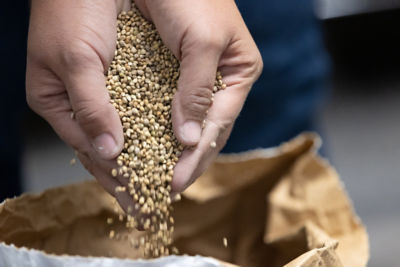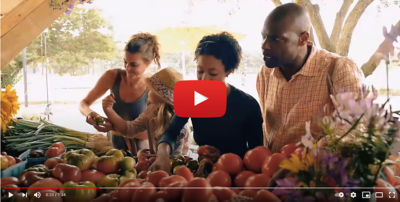//Vegetables by Bayer delivers both Cultivation Insights and Agronomic Spotlights to serve as a resource for not only growers, but also breeders, product development reps, dealers, agronomists, researchers and many more. The spotlights will cover a range of topics including pollination science, disease and pest resistance, seed treatments and best management practices, all related to specific crops.
Darin Eastburn, the writer of the spotlights, has an extensive background in the vegetable industry. He’s a plant pathologist, and recently retired from the Department of Crop Sciences at the University of Illinois in December 2015. He spent 10 years as the State Vegetable Extension Pathologist, before becoming a professor, where he taught plant pathology courses to both undergraduate and graduate students, while conducting ongoing research.
After retiring, Darin felt that writing agronomic spotlights for Seminis was the perfect next step. His familiarity with a wide variety of commercial vegetables, fascination with the vegetable industry, desire for continued learning, and appreciation of knowledge sharing presented the perfect opportunity for him to share everything he has learned with others.
Darin spends 15-20 hours creating each agronomic spotlight, and goes through an in-depth process to find the information on each topic. He looks at university extension literature and current research articles, digs through databases, and interviews breeders and other experts in the field. Once he has gathered the essential information, he works to write the spotlights so that the detailed, scientific information is communicated in a way that all audiences are able to learn from it. This process allows him to create articles that are truly one-of-a-kind.
“My hope is that by providing a non-biased perspective, growers are able to make educated decisions in their fields. Using this industry knowledge, technology development representatives will also be able to take the information and use it to provide growers with valuable knowledge and recommendations,” shared Darin.
To access these articles and more, please visit our resources section.




